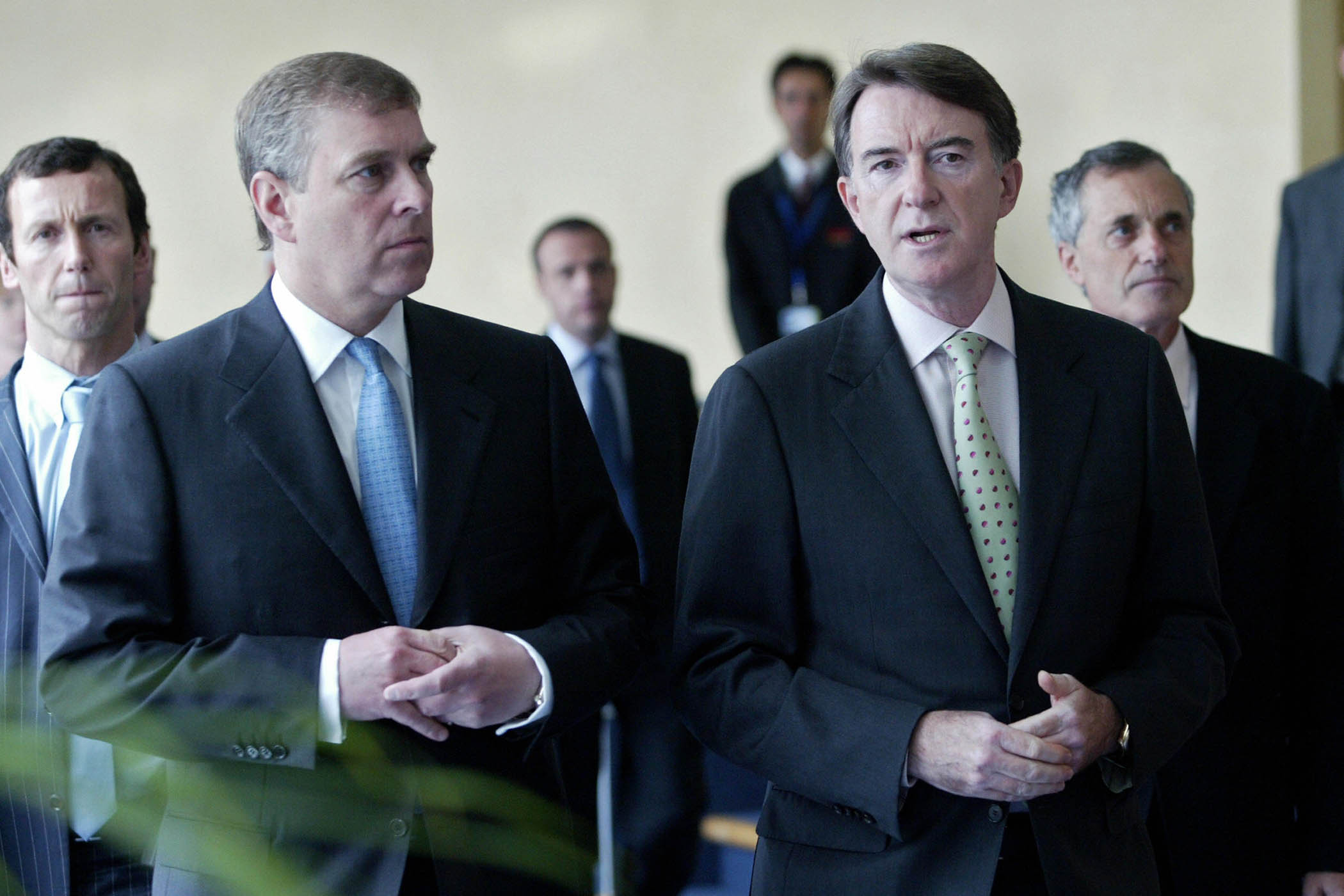It is three decades since Robert D Putnam published Bowling Alone, his essay on the decline of social ties in America. Fewer people were going to church, he noticed, joining social clubs or becoming members of a union: they were watching television instead. Replace television with social media, and Putnam explains our present moment, including in Britain. By almost every indicator we are becoming more isolated, polarised and antisocial. Except perhaps one.
Britain’s vast army of volunteers can go unnoticed. Perhaps we take them for granted – after all, the tradition can be traced back to the almshouses of the 10th century. But quietly, these altruists are resisting the narrative that the bonds of civic society are unravelling. At last measure, between 2021 and 2022, some 25 million people in England and Wales had donated their time to others.
These people are not just helping out at the village fete or coaching the local football team. They are holding a surprising number of our most vital services together. These include the police, which relies on 14,000 volunteers, and the NHS, to which 71,828 people last year donated more than 6.4m hours in England alone. Among these are defibrillator-trained volunteers who rush to emergencies alongside ambulances, blue lights flashing on their cars. A recent report by London Economics found volunteering in England contributes some £24.7bn a year to GDP.
Perhaps the most dramatic illustration of our extraordinary reliance on volunteers can be found at the coast. Should a boat or a swimmer get into trouble near the shore, the responsibility often falls on people who work for free. America’s coastguard is a fearsome branch of the armed forces, answering to the secretary of homeland security. Britain’s, by contrast, is a resolutely civilian enterprise – more Dad’s Army than military operation. Its heroes are drawn from local towns and villages, accountable only to their stirring pledge to save lives at sea.
Quietly, these altruists are resisting the narrative that civic society is unravelling
Quietly, these altruists are resisting the narrative that civic society is unravelling
Not every bit of it is done for free. Salaried members of the coastguard, part of the Department for Transport, take emergency calls, coordinate rescues, man helicopters and small aeroplanes, and occasionally drag large vessels to safety. But much of the rest of the work is voluntary. About 3,000 unpaid coastguard rescue officers are responsible for rushing into the water to save swimmers, tramping along beaches looking for missing people, and clambering along cliffs to rescue people who get stuck.
And when boats are needed, the coastguard calls on one of the 238 seaside stations run by the Royal National Lifeboat Institution – an organisation founded 200 years ago, which has 7,800 volunteers in its lifeboat crews, as well as 140 lifeguards. Locals train for about six months at weekends and on evenings for the privilege of being paged in the middle of the night to pull someone out of the dark waters.
A country that relies on volunteers is admirable, but fragile. The RNLI costs a hefty £190m to run, and depends almost entirely on donations from the public – but these fluctuate year by year, any dip putting lives at risk. In 2019, for example, its balance book dropped by £28.7m, and it was operating at a £6.3m loss. Former chief executive Mark Dowie said he would avoid tamping down the service, but cuts were coming.
Those who work for free can also be harder for an “employer” to control. Altruism and a shared cause can bond people – but may also drive them apart, particularly when views are strong and there is no prospect of losing a salary if things kick off. Charities are famously rife with internal politics. Last year, a culture of “division and distrust” among RNLI crew members at one rescue station in Wales was judged to make it “unsafe to run”, and it was obliged to close for several months.
That can extend to national politics, too. Volunteer armies are uniquely able to resist pressure from governments – a vital strength or a terrible weakness, depending on your views. The RNLI has for decades floated serenely above politics, a symbol of uncomplicated patriotism. But now its methods are coming into conflict with those of some politicians.
The charity is bound to its compassionate values – if a vessel is in trouble, the RNLI must save everyone on board. But that now involves bringing to safety some people who Brits have voted to keep out. Last year, 1% of its callouts were to small boats crossing the channel: it saved the lives of 58 migrants, including children. Nigel Farage has claimed the charity is “increasingly becoming a taxi service”. Criticism helped in some respects – donations soared after his comments. But the organisation has come under increasing attack from the tabloid press and from rightwing groups.
Newsletters
Choose the newsletters you want to receive
View more
For information about how The Observer protects your data, read our Privacy Policy
All this points to the vulnerability of a volunteer nation. What if these philanthropists simply stopped turning up? A report this month by charity Works4U concludes we would “quickly descend into a dystopian state” with “an increase in social disorder and social isolation”, reduced health and falling productivity.
Luckily, that seems unlikely. In fact, fewer people volunteer than would like to – recent work by the charity Pro Bono Economics found about two thirds of unemployed people would be interested in volunteering to prepare them for finding work. Meanwhile, those who give their time freely would need to be compensated with about £2,400 a year to get the same boost to their wellbeing. The urge to get out and help other people turns out to be surprisingly resilient.
Photograph by Max Mumby/Indigo/Getty Images



